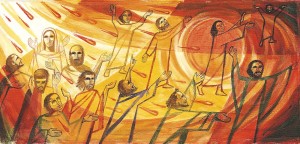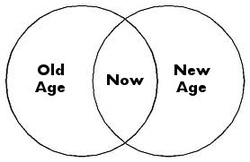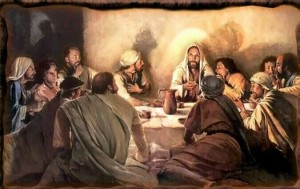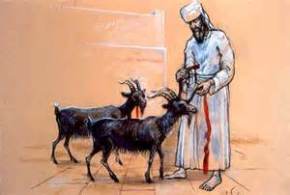Pentecost – Joel 2:18-32
 What point did you find helpful and encouraging from the sermon? Did it bring you hope?
What point did you find helpful and encouraging from the sermon? Did it bring you hope?
Tim pointed out that Joel 2:17-32 was fulfilled in one person first – Jesus Christ. The ultimate day of the LORD’s wrath is still to come upon all his enemies outside of (i.e., not trusting in) Christ. The ultimate day of God’s saving work is still to come upon all his people in Christ.
Regarding the Apostle Paul’s letters Dr. Tom Wright notes, “[Paul’s] theology has the character of inaugurated eschatology, that is, of a sense that God’s ultimate future has come forwards into the middle of history, so that the church is living within – indeed, is constituted precisely by living simultaneously within! – God’s new world and the present one.” He goes on to write, “Restorative justice, this covenant faithfulness through which creation itself will be redeemed, has been unveiled already, in advance, in the apocalyptic events of Jesus’ messianic death and resurrection.” (Paul, 57)
If you were to use a different set of words to communicate “inaugurated eschatology” what would they be? Imagine you wanted to explain this to your non-Christian neighbor or a 3rd grader in Christian Education.
Read Paul’s letter to the Colossians 2:9-15.
How does “realized eschatology” help you to understand Paul’s meaning?
Read 1 Thessalonians 5:1-10.
How should “realized eschatology” impact our life?
Socially?
Emotionally?
Psychologically?
Missionally (activity done for the sake of God’s mission to bring blessing to all the families of the earth)?
What if “realized eschatology” were not true. How would that change the nature of Christianity?





